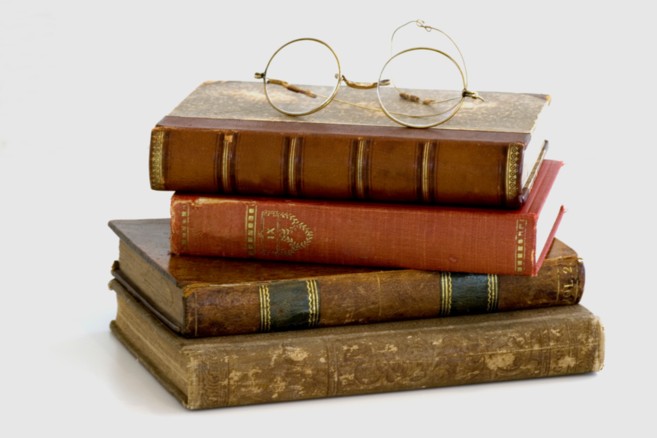What Makes a Good Historian? October 7, 2015
Author: Beach Combing | in : Actualite , trackbackWhat makes a good historian? Here are a few thoughts that have come up in reading and conversation.
A good historian is someone who reads so much in his or her period that they can anticipate what this or that writer will write next. (The present blogger having published on several different periods recognizes this phenomenon well. At a certain point you know how the sentence is going to finish, even if you are only half way through: in the same way that a long married wife does not wait for her husband to finish speaking before she replies…)
A good historian is someone who knows the price of pigs in a local market in a given year. (This comes courtesy of the now departed Tony Judt: a supervisor at Oxford told him this. It is certainly surprising how many historians lack basic technical facts about their period. If you know how many ghosts were reported in Bedfordshire between 1850-1900 but you don’t know the state of the local agricultural economy you risk writing very one-sided history.)
A historian should have the courage to admit that he or she doesn’t know or even that they cannot know. (This is the zen element in history. There are whole areas of life, even in the best documented periods, where we simply cannot get at the truth and, in these cases, confessing ignorance is a sign of intellectual maturity. In fact, this probably works for most acts of cognitive endeavour…)
A good historian always goes back to the sources. (i.e. favour primary over secondary literature: it is a very bad sign when a history book has more secondary than primary works in the bibliography and yet that is what you will typically find on today’s academic market.)
A good historian is someone who can empathise with his or her subject. (Even concentration camp guards? Perhaps… )
The good historian is like the giant of the fairy tale. He knows that wherever he catches the scent of human flesh, there his quarry lies. (Marc Bloch)
A good historian carries their prejudices like baggage into the past, but knows the contents of each suitcase from toothbrush to darned sock. (OK, OK know thyself…)
A good historian doesn’t waste time on silly abstract questions like this. (De Gaulle’s France, think of it always, speak of it never?)
A good historian recognizes their enemies: sociologists, archaeologists and economists… (!)
Most historians have a simplifying tendency, good historians recognise the complexity of the past. (Michael Howard)
Beach has two rules: the ability to take a sympathetic interest in the past (empathy is borderline arrogant?); and the ability to parse sources (written by man/woman, a Catholic/Protestant etc etc). If someone held a gun to this blogger’s head he would go with the second alone.
If you can add any more: drbeachcombing At yahoo DOT com



